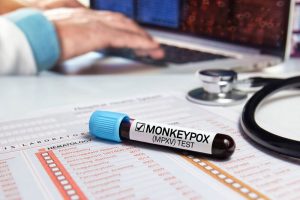15 new genes determining our face shape identified

London : A team of scientists have identified 15 new genes that control the shape of our face.
Previously, scientists had focused on specific facial features, like the distance between a person’s eyes or the width of their mouth, and then identified genes corresponding to the feature.
While the technique was effective, the results were limited because only a small set of features were selected and tested.
In the new study, published in Nature Genetics, the researchers adopted a different approach which “doesn’t focus on specific traits”.
They identified 15 locations in the DNA that are active like a human face that develops in the womb.
Seven of the 15 identified sections of the human genome are linked to the nose.
“A skull doesn’t contain any traces of the nose, which only consists of soft tissue and cartilage,” said lead author Peter Claes from (KU Leuven) in Belgium.
“Therefore, when forensic scientists want to reconstruct a face on the basis of a skull, the nose is the main obstacle. If the skull also yields DNA, it would become much easier in the future to determine the shape of the nose,” Claes added.
The team complied a database with 3D images of faces, which was coupled with the person’s full genome.
Each face was automatically sub-divided into smaller modules, which were then examined for any link with the locations in the DNA.
“This modular division technique made it possible for the first time to check for an unprecedented number of facial features,” Claes added.
Although scientists would not be able to predict a correct and complete face on the basis of DNA anytime soon, the new approach may help doctors in reconstructive surgery of the skull and face.
It may also help forensic examiners to sketch a perpetrator’s face on the basis of DNA retrieved from a crime scene.
Moreover, the same novel technology can “provide genetic insight into the shape and functioning of our brain, as well as in neurodegenerative diseases such as Alzheimer’s”, Claes said.
IANS







